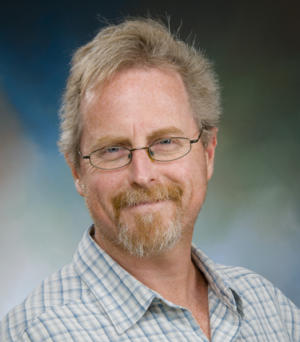JGV Summer of Prizes: Ricardo Rajsbaum
Posted on October 11, 2018 by Microbiology Society
This year, the Journal of General Virology (JGV) has sponsored four poster prizes at conferences and meetings around the world. Over this week, we will be getting to know a little more about the winners and their research. The Ann Palmenberg Young Investigator Award recognises junior investigators that have demonstrated particular promise in the field of virology and is awarded at the American Society of Virology's Annual Meeting. This year's winner is Dr Ricardo Rajsbaum, Assistant Professor at The University of Texas.

What was your winning talk called?
Regulation of Innate Antiviral Immunity and virus replication by the host ubiquitin system
Who or what inspired you to be a scientist?
When I was a child I had a collection of stones and minerals and I remember having to learn chemistry to clean and maintain the minerals in good shape. This experience made me excited and curious about chemistry and I knew right away I wanted to become a scientist.
What are you currently working on and what area of your research excites you the most?
We are currently working on virus-host interactions and innate immune responses. We are studying how viruses including Ebola, Nipah, Zika, dengue and Influenza utilize the host machinery to replicate and how the host protects from infection. The most intriguing and exciting part is how viruses have learnt to take advantage of host antiviral proteins to evade the immune response and at the same time use them to enhance their own replication.
How would you explain your poster to a child under 10?
I would try to use as examples of real life experiences. Using drawings and diagrams or toys to explain the interactions between a host and an invading pathogen. Viruses have learnt ways to disable our defense strategies. One very smart way to do it is that the virus can hijack the same antiviral factors that are supposed to block them, and use them to become more dangerous viruses.
What would you be doing in your career if you weren’t a scientist?
I can’t really picture myself doing anything else. Being a scientist is what drives my life everyday. However if I had to choose I would be a scuba diver instructor. I love the sea and would love to spend more time underwater.
